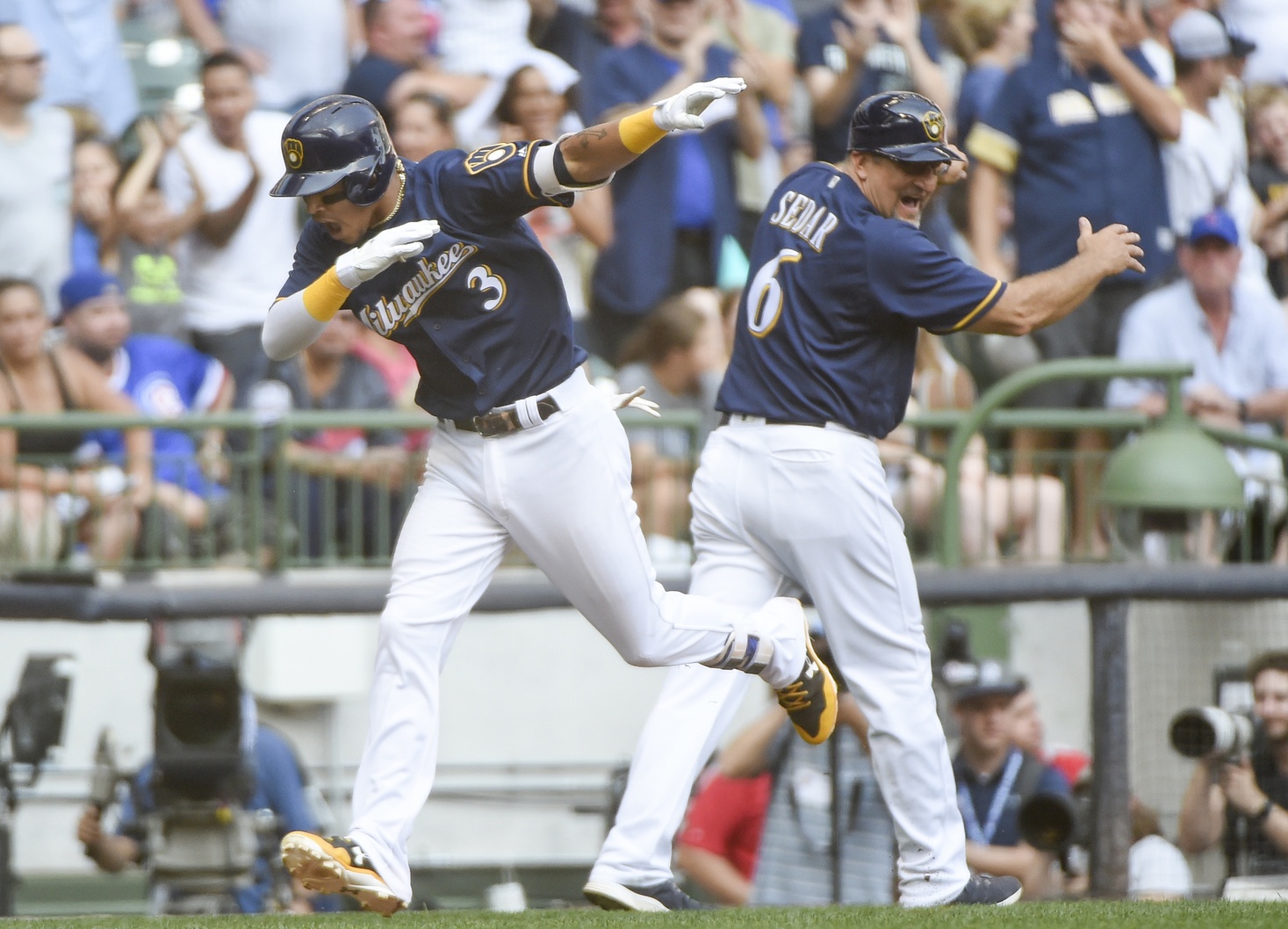Given that the Brewers ended this season just one game out the second wild card spot, the season feels like a disappointment. The team undoubtedly took steps forward, and the future looks bright because the organization has been building sustainably. There are separate articles to be written about the steps taken by individual players, and that is what will occupy most of this website (and others like it) during the offseason. Here, though, I want to address some other positives to come out of this season.
From a soft factor/psychology perspective, the Brewers’ on-field success must have been a positive for the development of their younger players. Both the rotation and lineup are filled with players who have never experienced a playoff race before, and playing meaningful games into September should positively impact them. Modern baseball analysis tends to discount the mental aspect of the game, and part of the reason for that is that most players are on similar levels. Work is still required to get to that point, however, and development opportunities like this one are important stepping stones.
I don’t know to what extent these chances actually matter. Jimmy Nelson, Chase Anderson, and Zach Davies got to pitch in September with a team counting on them. To you and me, that feels like a lot of pressure. Maybe it is! But all three of them have pitched in important games at other points in their careers. Each of them spent some amount of time in the high minors with a potential call-up at stake; is that more or less pressure than a playoff game? I don’t know; I would probably argue that it is less pressure because playoff races turn on one game while promotion opportunities are based on a body of work, and so to know that everyone is counting on you for one game would be a different experience. Therefore, because of this unique opportunity, the young players almost assuredly must be better off.
This was also a positive season for the organization and the front office. They could not have been expecting to contend, but instead the team competed right up through the end of the season, which provided a lot of high leverage appearances for players that the team will still be in the process of evaluating.
Coming into the season, I thought the organization would take the year to determine what type of players they had. The front office was able to do that this season; Jonathan Villar, Orlando Arcia, and Domingo Santana each got the opportunity to sink or swim, with mixed results. So did Zach Davies, whose early-season struggles have been rightfully forgotten. But the organization also got the enthusiasm and financial benefit of a playoff race. This was the third-best Brewers’ season this century, and the fan base was engaged until the last weekend of the season. This is undoubtedly a positive for the club and its fans, and the organization was able to gain this benefit without handing too much playing time to veterans who won’t be a part of the future.
The final point I want to address is the Cubs’ relative failures this season. They finished this year with a 92-70 record, which is 11.5 games worse than their record last year. The division seemed like it would be out of reach for the foreseeable future because the Cubs were so good and so young, but this year makes it seem like that might not be the case. The pitching staff regressed, as Jon Lester put in his worst season by DRA in five years and Jake Arrieta is a pending free agent. The defense, which was the best in baseball last year, was just sixth this year, and it no longer seems like a huge outlier.
Whether the Cubs’ regression matters is a contested issue. First, there’s no guarantee that the Cubs are actually worse; if this was their outlier year and they are actually still the best team in baseball, then the division is no more winnable than it appeared to be in April. And second, analyzing the Brewers’ chances by trying to determine whether the Cubs will be good is sort of a fruitless exercise. The Brewers can only try to build the best team possible; they cannot control what the Cubs do. If they are stuck fighting for the wild card every year, then so be it; worrying too much about a competitive window is a waste of energy for a team at this part of a development cycle.
Photo Credit: Benny Sieu, USAToday Sports Images
